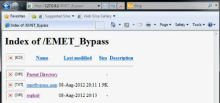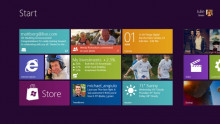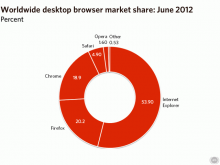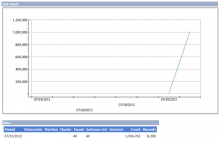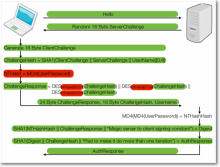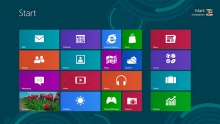Microsoft plans patches for 'hacker's playground'
Microsoft today said it will patch at least 14 vulnerabilities next week, including four in Internet Explorer (IE), making it three months in a row that the company has plugged holes in its browser.
Of the nine updates set for Aug. 14, five will be labeled "critical," the most serious of the four ratings Microsoft uses. The other four will be pegged "important," the next-lower threat ranking.














































